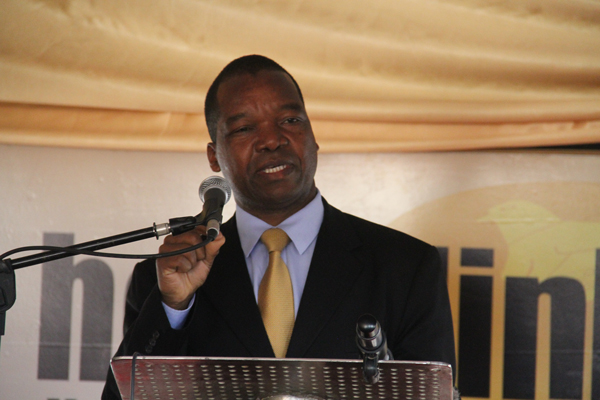
The government has borrowed $1,9 billion from the domestic market and the bulk of the money has been used to extinguish the debt owed by the Reserve Bank of Zimbabwe (RBZ).
BY VICTORIA MTOMBA
This borrowing was facilitated through Treasury Bills (TBs) which are short-term negotiable instruments. These Bills are issued by the government through the central bank to finance government short-term requirements.
Last year, government assumed RBZ’s $1, 35 billion debt and a new law — the Reserve Bank of Zimbabwe Debt Assumption Act — was promulgated.
RBZ governor John Mangudya told Standardbusiness last week that of the money raised, $1 billion went into liquidating the central bank’s debt.
“$150 million of the Treasury Bills was for the capitalisation of the Reserve Bank and others, $357 million was for the Zimbabwe Asset Management Company and over $275 million for private placement,” Mangudya said.
He said the figure was not high as Treasury was paying the Bills on maturity and the coupon rate was being paid consistently.
- Chamisa under fire over US$120K donation
- Mavhunga puts DeMbare into Chibuku quarterfinals
- Pension funds bet on Cabora Bassa oilfields
- Councils defy govt fire tender directive
Keep Reading
“The maturity profile of these Treasury Bills issued by government have been spread over 12 years, that is between 2016 to 2028.The spread is meant to manage the maturity profile of TBs and government will be paying from fiscus,” he said.
Mangudya said each budget presentation had to budget for the maturity of TBs yearly.
An official from a local think tank said the issuance of TBs on the RBZ debt improved liquidity in the economy and enhanced productivity.
The official said the companies might use the money for retooling, which would benefit industry in the medium term. “This transparency helps the market to react correctly and it’s also good for accountability purposes,” the official said.
A local economist said the development was good in that the market would no longer speculate on the value of TBs on the market. He said the percentage of money in circulation was close to 40%.
The economist said when the TBs were issued for legacy debt some people discounted that money on the open market. He said some of it was used to import goods from outside the country.
“The problem comes when TBs are used to import goods by companies. They indirectly increase pressure on Nostro accounts as they deplete foreign currency reserves. For instance, in Zimbabwe the exports inflows are constrained due to weak commodity prices and Diaspora remittance are not as good,” the economist said.












